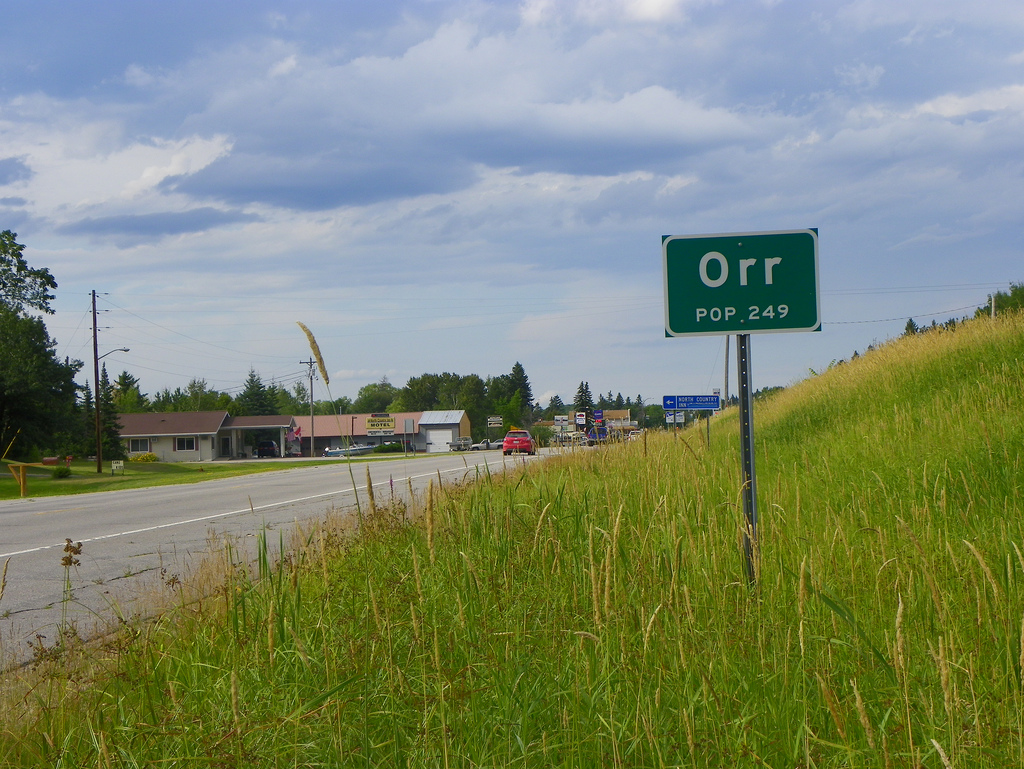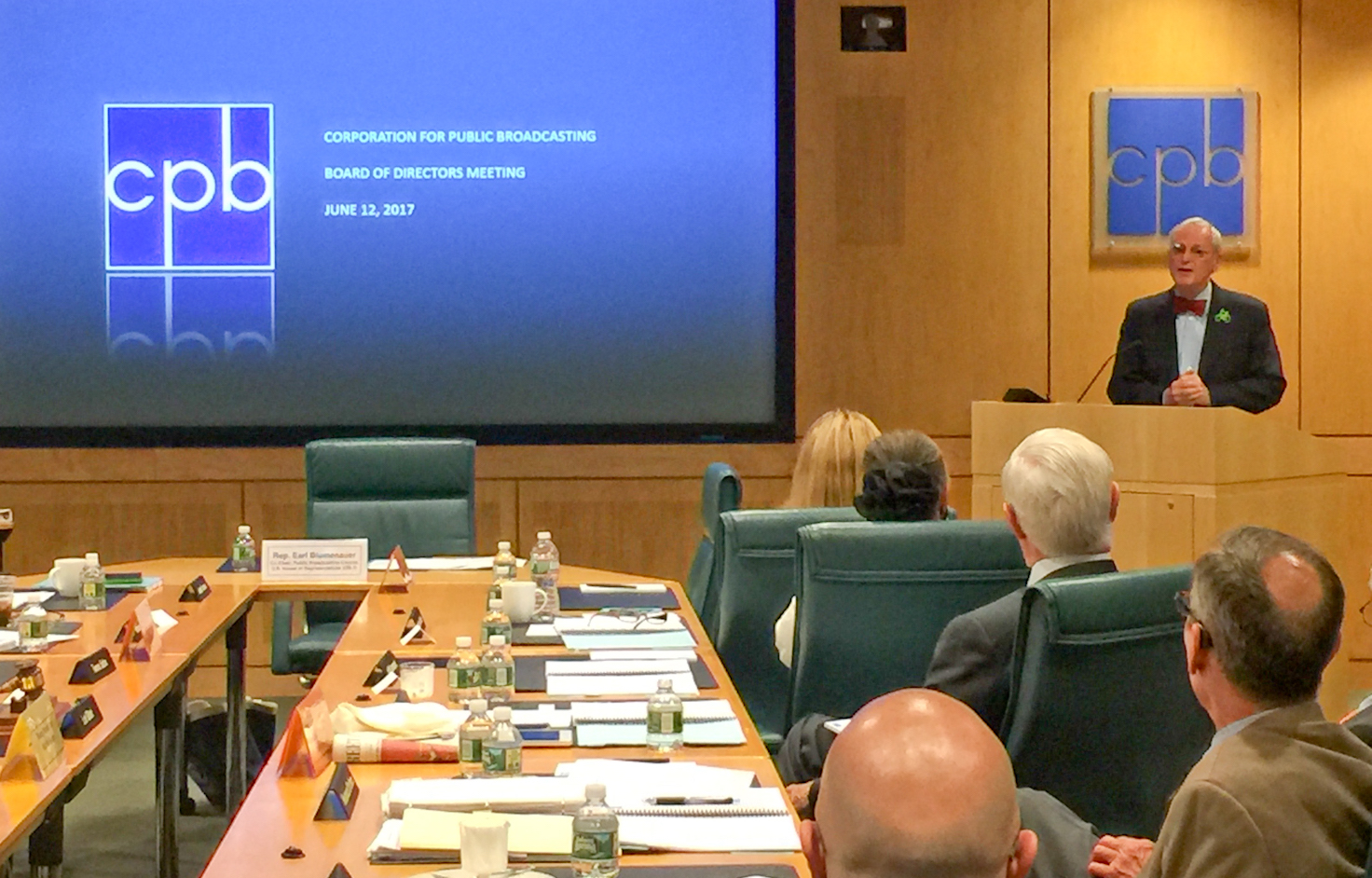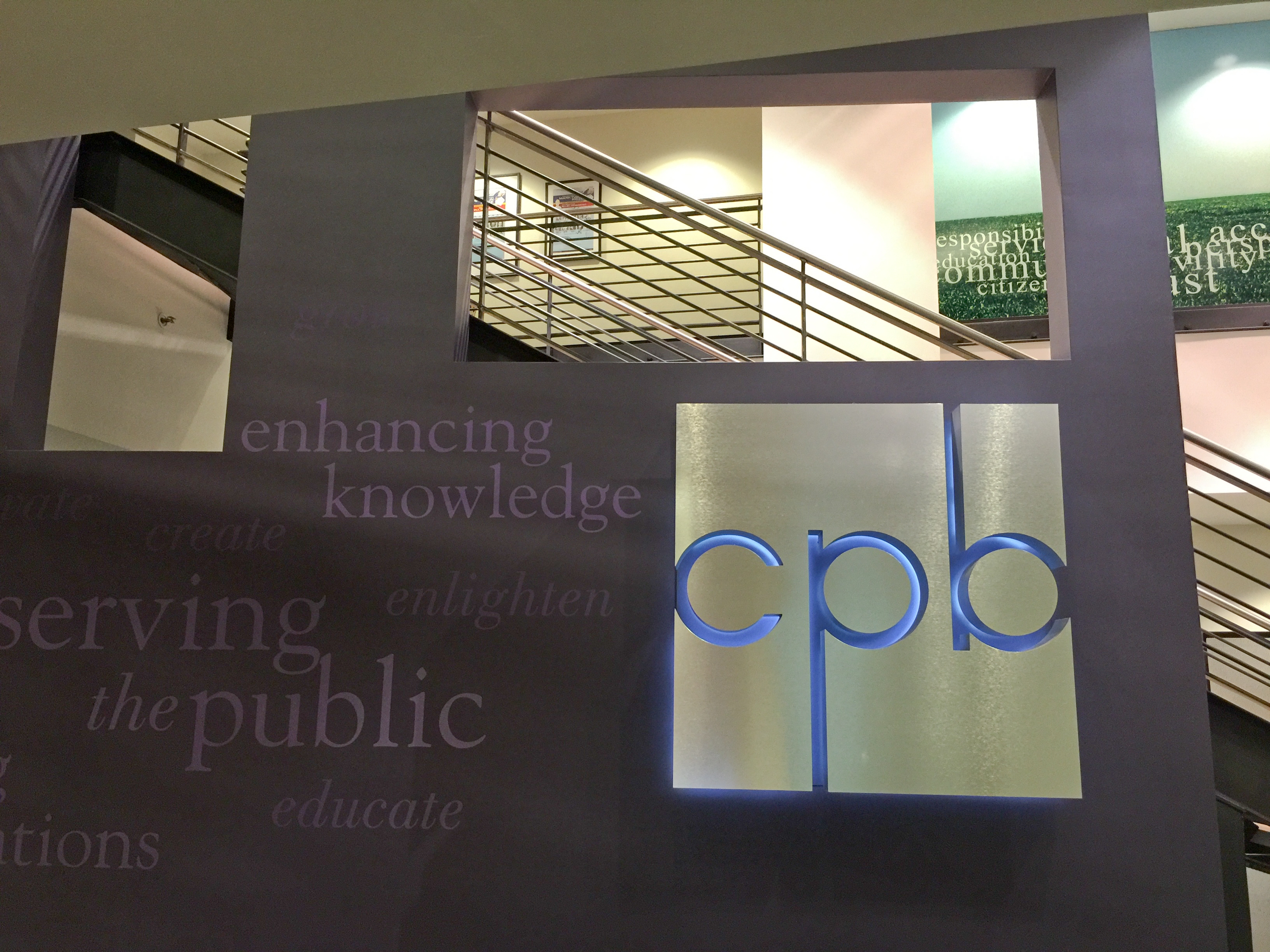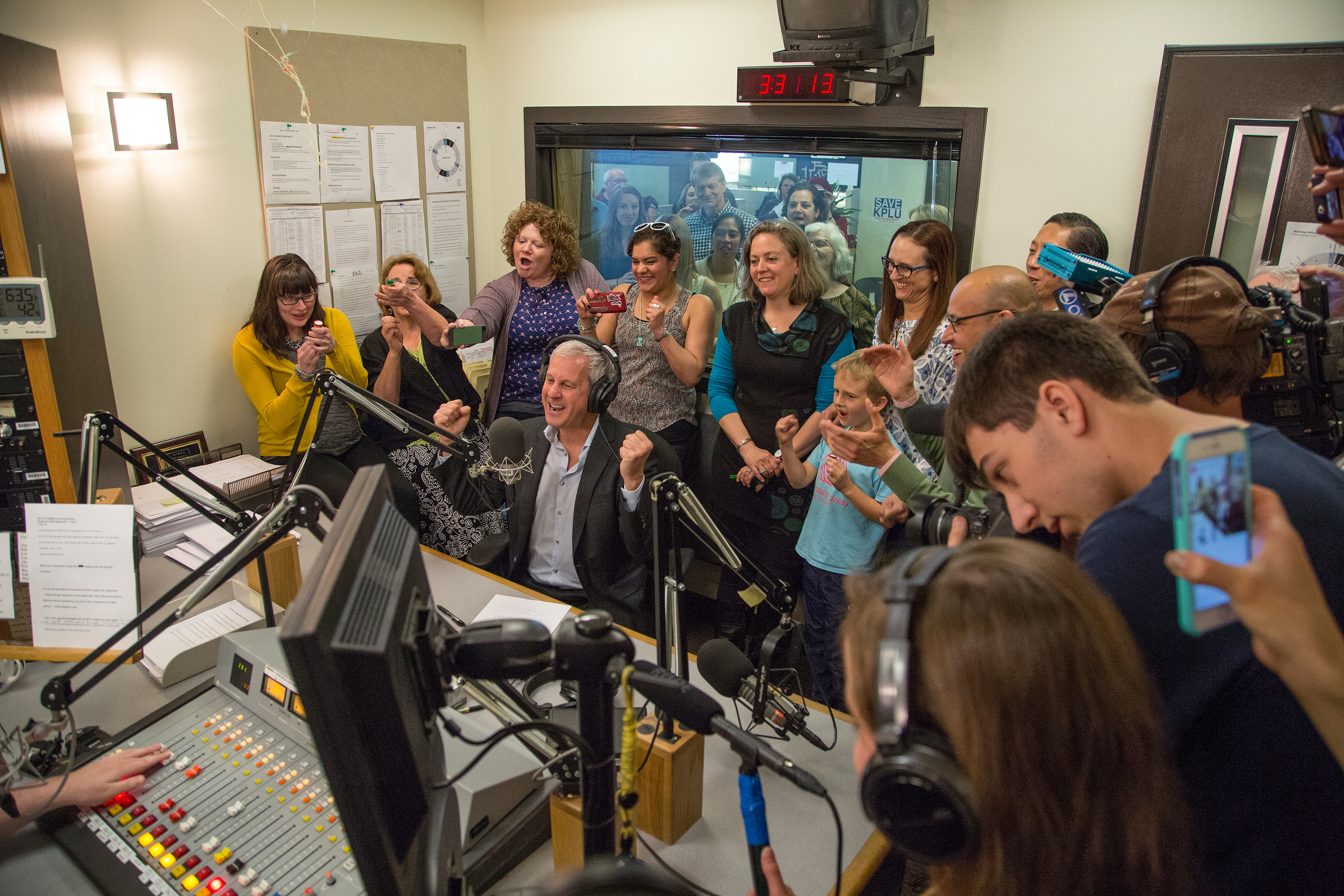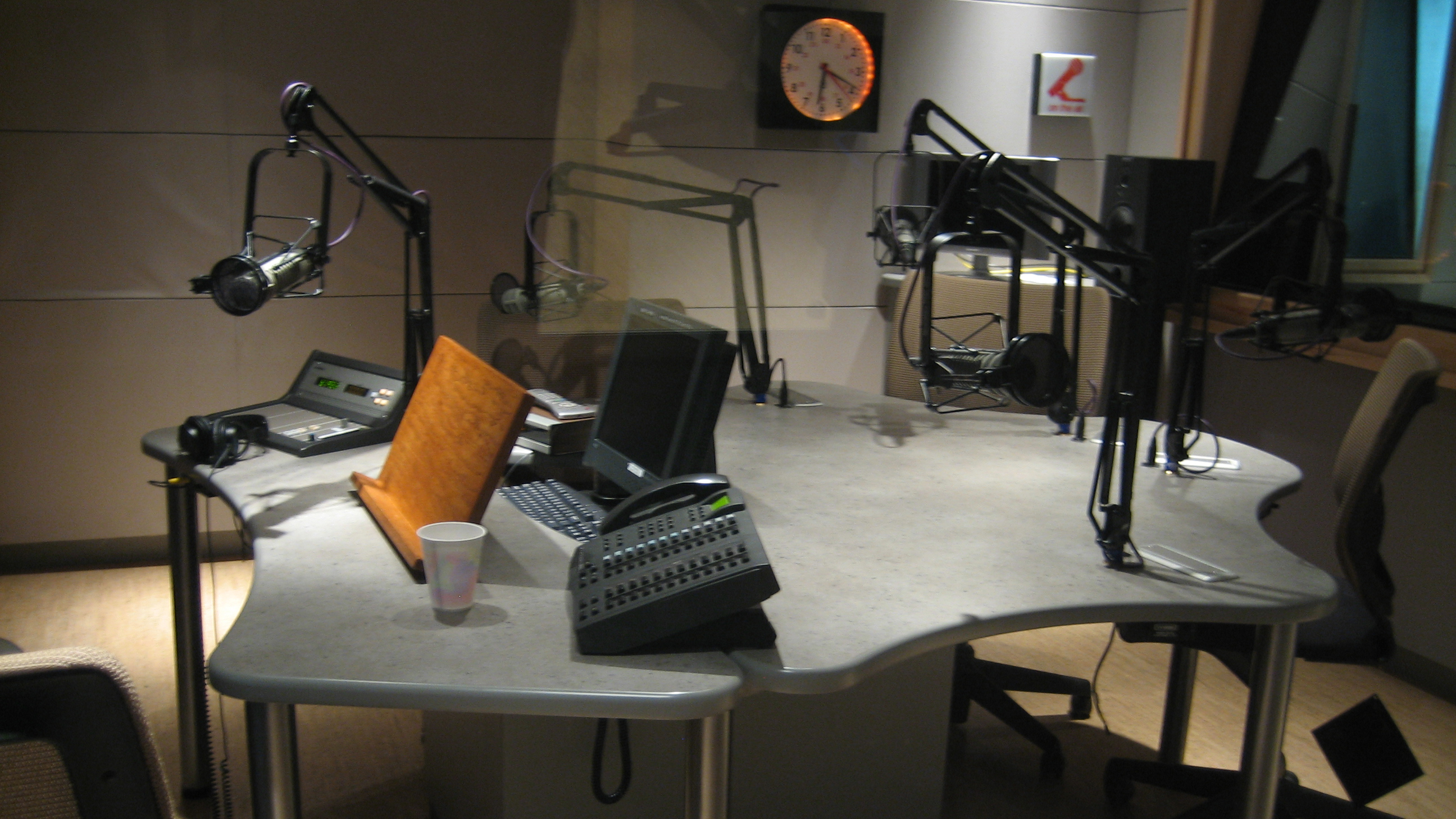System/Policy
Disagreement over upkeep costs jeopardizes PBS service in remote Minnesota
The Duluth PBS station rebroadcast to the area is willing to help out, but with some conditions.At CPB Board meeting, congressman calls for ‘civil and thoughtful’ advocacy for pubcasting funding
Rep. Earl Blumenauer also told the board that he had asked House Democrats to stop “using the assault on public broadcasting as ...CPB director Husock takes more specific swipe at pubcasting funding
“I’ve continued to think about what a post-subsidy system would be like, as a practical matter,” Howard Husock told Current.IG audits question Rogers Co. accounting on three PBS Kids shows
Each series is produced with Canadian partners to take advantage of funding incentives north of the border.NPR and stations team up again to recruit minority journalists
The Public Media Village concept tested last year will be adapted for several conferences this summer, including next month's AAJA event in ...KNKX finds blessings, burdens in taking reins as independent station
After clearing a fundraising hurdle to buy its license, the Washington station found its work was just beginning.Minnesota supplies $1.95 million for new public TV equipment
Pioneer Public Television will move into new headquarters in the next year.How public broadcasters are lagging behind the innovation curve of Next Gen TV
The “soft focus” on strategic planning is putting public TV far behind commercial broadcasters.Big Bird’s finances come under scrutiny at House budget hearing
Where are the tax returns, Big Bird?FCC moves to drop regulations on broadcasters’ main studio operations
Public broadcasters agree with FCC Chairman Ajit Pai that rules intended to ensure public access to local stations have become "outdated and ...Trump’s 2018 budget calls for phasing out public broadcasting funds
The $30 million for CPB is intended for “an orderly closeout of federal funding."End of CPB funding would affect stations of all sizes
Service cuts and adjusting budgets can only go so far, says Station Resource Group co-CEO Tom Thomas.PBS President Paula Kerger: ‘Let us build on the wonderful legacy to which we were ...
Delivering the keynote speech at the PBS Annual Meeting Tuesday, Kerger said public broadcasting is at “an inflection moment.”Preparing to expand news, KCET refines model for digital content
Winnings from the FCC spectrum auction will allow the Los Angeles station to “accelerate investment in the community.”In aftermath of spectrum auction, even stations that sat out could still benefit
Public broadcasters can still explore channel-sharing options, take advantage of equipment upgrades and plan an investment fund that would help the entire ...


